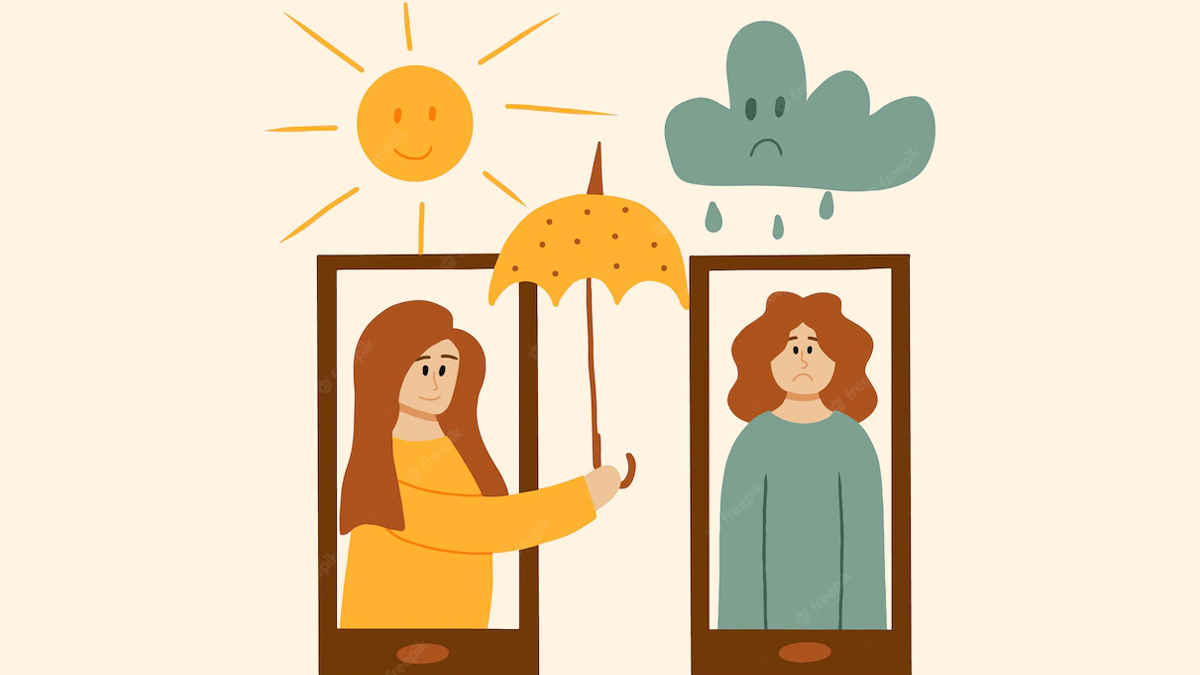
Seasonal Affective Disorder is a kind of depression associated with seasonal changes. SAD starts and ends at roughly the same time each year. If you're like the majority of SAD sufferers, your symptoms start in autumn and linger all winter, draining your energy and making you grumpy. These symptoms typically become less intense during spring and summer. SAD causes depression less commonly in the spring or early summer and resolves more frequently in the fall or winter.

Symptoms
Seasonal Affective Disorder symptoms typically develop in early winter and disappear over the warmer months of spring and summer. People who have the opposite tendency are more likely to have symptoms in the spring or summer. In any scenario, symptoms may begin modestly and worsen as the season advances.
Also read: Study: People Who Have Depression Less Likely To Have Children
- SAD symptoms and signs may include:
- Loss of interest in previously appreciated activities; poor energy and sluggishness
- Craving carbohydrates, overeating, and weight gain
- Having trouble in concentrating
- Feelings of hopelessness, worthlessness, or remorse
- Suicidal thoughts
Winter SAD
Winter-onset SAD, often known as winter depression, can cause the following symptoms:
- Oversleeping
- Changes in appetite, particularly a desire for carbohydrates
- Gaining weight
- Tiredness or a lack of energy
- SAD In The Spring And Summer
- Summer-onset Seasonal Affective Disorder, often known as summer depression, can cause the following symptoms:
- Having difficulty sleeping (insomnia)
- Appetite problems
- Weight reduction
- Anxiety or agitation
- Heightened irritation
Bipolar disorder and seasonal changes
For those who have bipolar disorder, SAD is more common in them. Spring and summer might bring on symptoms of mania or a milder type of mania (hypomania), as well as worry, restlessness, and impatience. During the month of winter, they may also experience depression.
Also read: 1 in 8 Adults Experienced First Episode Of Depression During Pandemic: Study
When Should You See A Doctor?
It is normal to feel low sometimes. But, if you're feeling depressed for days at a time and can't get inspired to do things you generally love, consult your doctor. This is especially crucial if your sleeping and eating habits have changed and you start using alcohol or other substances to relax your mind, or suicidal thoughts come frequently into your mind.
Image Credit: FreePik
Also watch this video
How we keep this article up to date:
We work with experts and keep a close eye on the latest in health and wellness. Whenever there is a new research or helpful information, we update our articles with accurate and useful advice.
Current Version